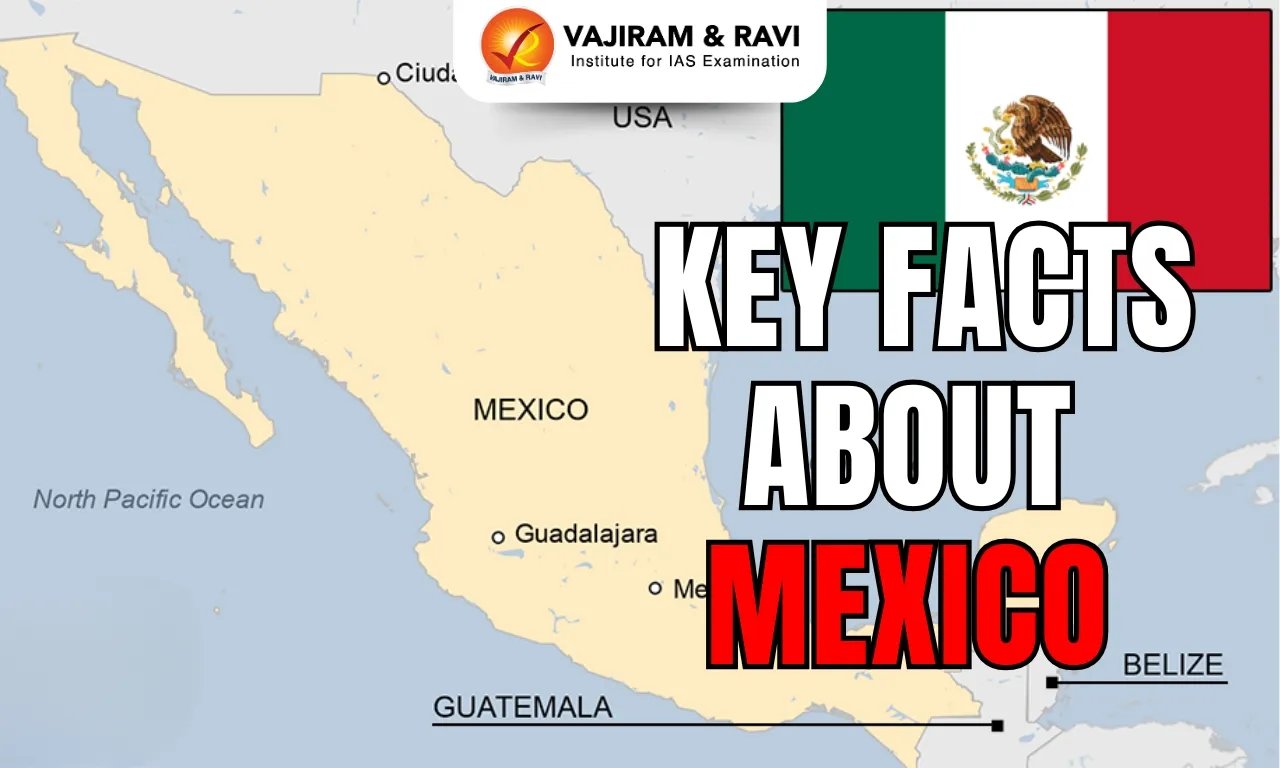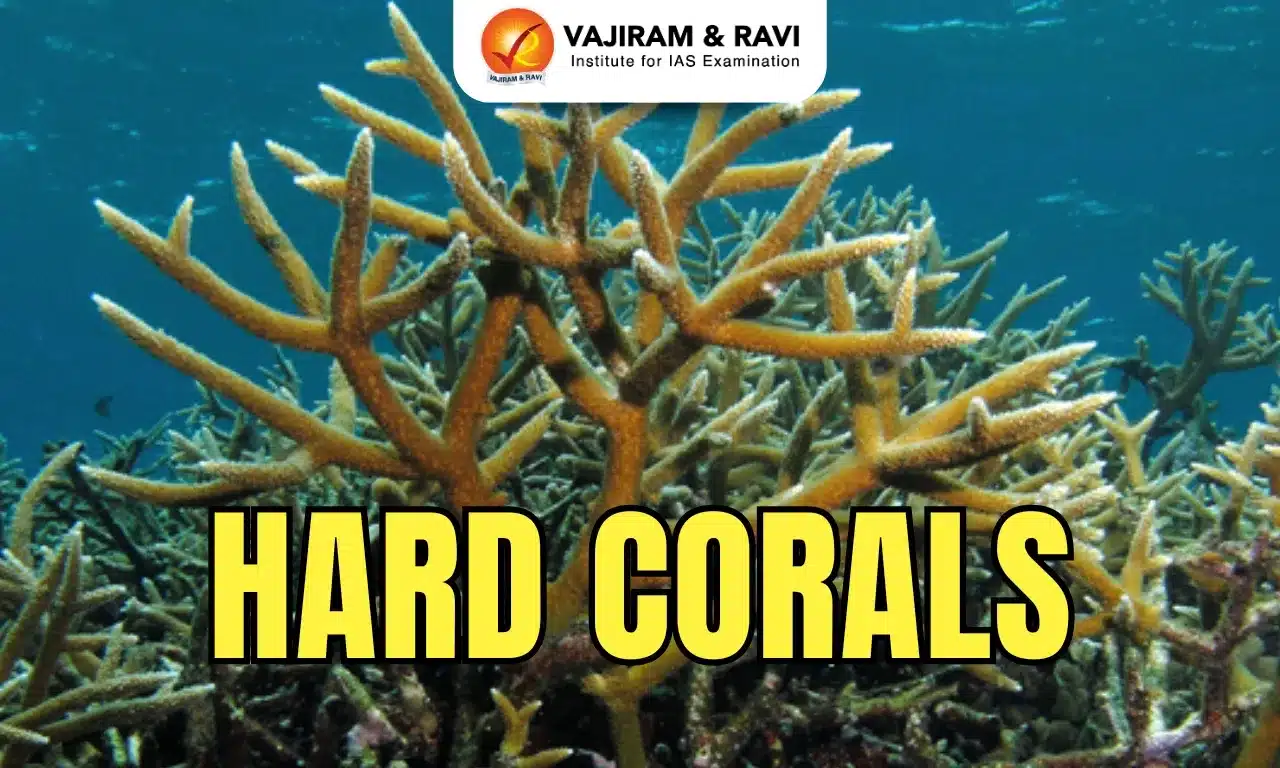About Indian National Centre for Ocean Information Services (INCOIS):
- It was established as an autonomous body in 1999 under the Ministry of Earth Sciences (MoES) and is a unit of the Earth System Science Organization (ESSO).
- Mandate: To provide the best possible ocean information and advisory services to society, industry, government agencies, and the scientific community through sustained ocean observations and constant improvements through systematic and focussed research.
- Activities:
- Provides round-the-clock monitoring and warning services for the coastal population on tsunamis, storm surges, high waves, etc. through the in-houseIndian Tsunami Early Warning Centre (ITEWC).
- The Intergovernmental Oceanographic Commission (IOC) of UNESCO designated ITEWC as a Regional Tsunami Service Provider (RTSP) to provide tsunami warnings to countries on the Indian Ocean Rim.
- Provides daily advisories to fisher folk to help them easily locate areas of abundant fish in the ocean while saving on both fuel and time used to search for the same.
- Short-term (3-7 days) Ocean State Forecasts (waves, currents, sea surface temperature, etc.) are issued daily to fisher folk, the shipping industry, the oil and natural gas industry, the Navy, the Coast Guard, etc.
- Deploys and maintains a suite of Ocean Observing Systems in the Indian Ocean to collect data on various oceanic parameters.
- Conducts systematic quality checks and archives all observational, satellite, and other oceanic data at the ESSO-INCOIS Data Centre, and then makes such data available to students, researchers, and any other users.
- INCOIS has been designated as the National Oceanographic Data Centre by the International Oceanographic Data Exchange Programme (IODE) of the IOC.
- Generates Global Ocean Analysis data using mathematical models and observations on a daily basis to provide the initial conditions to ocean-atmosphere coupled models used for the prediction of the monsoon and to understand oceanic processes.
- Established a national network (Indian Seismic and GNSS Network (ISGN)) that integrates Seismic and GNSS stations and provides high quality data for research and operational use.
- It serves as the National Argo Data Centre, Regional Argo Data Centre, and also the regional data centre and clearing house for the Indian Ocean region for the Indian Ocean Global Ocean Observing System (IOGOOS) Programme.
- Provides round-the-clock monitoring and warning services for the coastal population on tsunamis, storm surges, high waves, etc. through the in-houseIndian Tsunami Early Warning Centre (ITEWC).
- International Involvement:
- It is a permanent member of the Indian delegation to the IOC and a founding member of the IOGOOS and the Partnership for Observing the Oceans (POGO), which is actively engaged in capacity building and international exchange of students and researchers.
- ESSO-INCOIS houses the IOGOOS secretariat and the Sustained Indian Ocean Biogeochemistry and Ecosystem Research (SIBER) International Programme Office.
- Through the Regional Integrated Multi-Hazard Early Warning System for Africa and Asia (RIMES), ESSO-INCOIS provides ocean information and forecasts to member countries.
Q1: What is the Intergovernmental Oceanographic Commission (IOC)?
The IOC of UNESCO is the United Nations body responsible for supporting global ocean science and services. The IOC provides a focus for all other United Nations bodies that are working to understand and improve the management of our oceans, coasts and marine ecosystems. The IOC is supporting all its Member States to build their scientific and institutional capacity in order to achieve the global goals including the UN Agenda 2030 and its Sustainable Development Goals, the Paris Agreement on Climate Change and the Sendai Framework on Disaster Risk Reduction.
Source: INCOIS scientists map Indian Ocean floor to study currents
Last updated on December, 2025
→ Check out the latest UPSC Syllabus 2026 here.
→ Join Vajiram & Ravi’s Interview Guidance Programme for expert help to crack your final UPSC stage.
→ UPSC Mains Result 2025 is now out.
→ UPSC Notification 2026 is scheduled to be released on January 14, 2026.
→ UPSC Calendar 2026 is released on 15th May, 2025.
→ The UPSC Vacancy 2025 were released 1129, out of which 979 were for UPSC CSE and remaining 150 are for UPSC IFoS.
→ UPSC Prelims 2026 will be conducted on 24th May, 2026 & UPSC Mains 2026 will be conducted on 21st August 2026.
→ The UPSC Selection Process is of 3 stages-Prelims, Mains and Interview.
→ UPSC Result 2024 is released with latest UPSC Marksheet 2024. Check Now!
→ UPSC Prelims Result 2025 is out now for the CSE held on 25 May 2025.
→ UPSC Toppers List 2024 is released now. Shakti Dubey is UPSC AIR 1 2024 Topper.
→ UPSC Prelims Question Paper 2025 and Unofficial Prelims Answer Key 2025 are available now.
→ UPSC Mains Question Paper 2025 is out for Essay, GS 1, 2, 3 & GS 4.
→ UPSC Mains Indian Language Question Paper 2025 is now out.
→ UPSC Mains Optional Question Paper 2025 is now out.
→ Also check Best IAS Coaching in Delhi

















